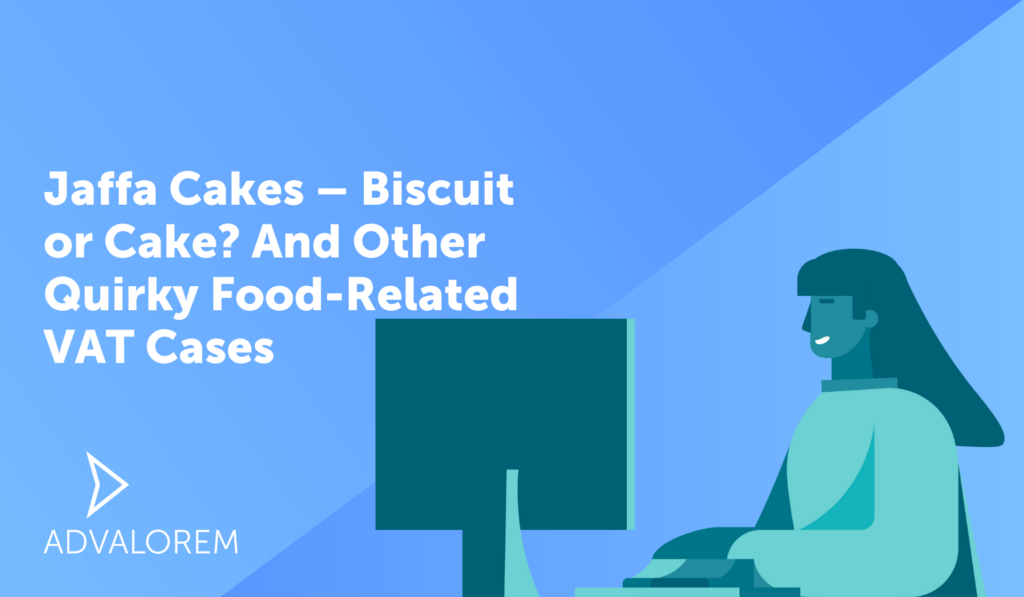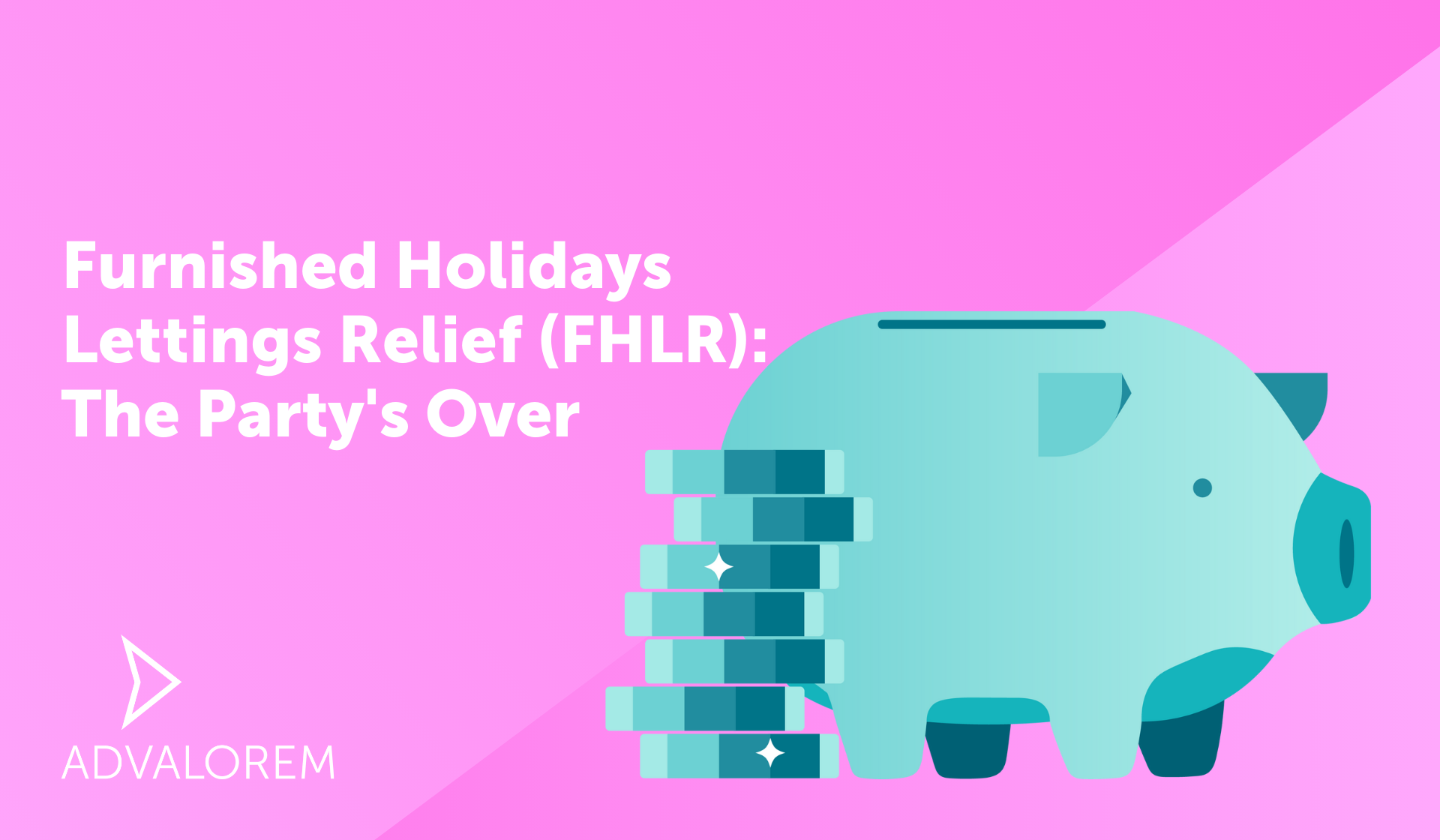
Jaffa Cakes – Biscuit or Cake? And Other Quirky Food-Related VAT Cases - Ad Valorem
3 minutes
Value Added Tax (VAT) is an increasingly complex area of tax. Many of the VAT rules have been determined by court cases and, as a result, important questions such as “is a Jaffa Cake a biscuit or cake?” have been addressed by HMRC.
Jaffa Cakes
The importance of whether a Jaffa Cake is a biscuit or cake was taken to the courts back in 1991. The debate was significant for McVitie’s as cakes are zero-rated for VAT purposes while chocolate covered biscuits are standard rated (20%) for VAT purposes. As such, this debate would have a significant impact for McVitie’s bottom line – as well as the price we would all have to pay for the product.
Fortunately (for both McVitie’s and us), Jaffa Cakes were deemed to be cakes not biscuits and as a result VAT does not need to be charged on the sale. The conclusion was reached due to their texture, ingredients, and how they change when stale.
Greggs Sausage Rolls
Greggs sausage rolls are (in some people’s opinion) one of the finest examples of British cuisine. The savoury treats are best eaten hot from the oven – so why don’t Greggs keep them in heated cabinets as opposed to on the shelves?
The decision comes down to another quirk in the VAT rules, hot takeaway food is subject to VAT at 20% whereas cold food can be zero-rated. Food is considered to be hot food if it meets a number of tests, one of which is “been kept hot after being heated”.
As a result, Greggs intentionally do not keep their sausage rolls hot in order to prevent their sausage rolls being subject to VAT – a fact which Greggs mention on the FAQ section of their website.
I guess we all just have to do our best to time our visits with the rolls coming out of the oven!
KFC Dip pots
Another, more recent case was tried back in June 2024 between HMRC and KFC. The question of this case was whether their dip pots are a separate sale of cold takeaway food (zero-rated like Greggs sausage rolls) or form part of the sale of the meal (and so are included as part of the hot food and so subject to VAT at 20%).
The decision of this case was ultimately determined by a simple question – would a typical person eat the dip by itself? Quite understandably the courts found in favour of HMRC that the pots were part of the meal and so were subject to VAT at 20%.
Funnily enough, this is not the first time that this question had previously been answered back in 2003 when Domino’s pizza made a similar argument – once again they lost this case.
How can Ad Valorem help?
We will be happy to help with any VAT assistance you may require, from filing your VAT returns to answering any questions you may have regarding VAT treatment of certain items or any other administrative queries.
Please don’t hesitate to get in touch at enquiries@advaloremgroup.uk if you would like to know more about the services we provide.
(E) enquiries@advaloremgroup.uk (T) 01908 219100 (W) advaloremgroup.uk






